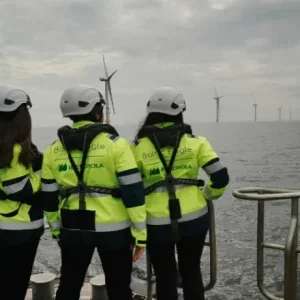Regatta and other supporters have sent letters to the Senate Finance Committee and the House Ways and Means Committee asking for tax credits to expand use of combined heat and power (CHP) and waste energy recovery, which would improve energy efficiency.
Waste energy recovery, which captures waste energy from industrial facilities, now receives no tax benefits. CHP, a process by which manufacturers generate electricity and heat on site, obtains only a 10% investment tax credit for the first 15MW of a project limited to 50MW in size.
The bills now in the House and Senate would remove the limitation to small projects and apply the tax credit to a project’s first 25MW (S 1639 and HR 4144), and provide a 30% credit for recycled energy and CHP with efficiencies above 70% (HR 4751).
Supporters of industrial energy efficiency are asking for passage of the bipartisan S. 1639 and HR 4144 and HR 4751 to encourage projects that will create and maintain numerous jobs within the industrial sector and in the manufacture, installation and operation of CHP and waste energy recovery equipment.
According to the Oak Ridge National Laboratory, an expansion of CHP could provide 20% of US generating capacity by 2030, generate $234bn in new investment, and create nearly one million highly skilled, technical jobs throughout the US.
Such an expansion is also expected to reduce CO2 emissions by more than 800 million tons per year, the equivalent of taking more than half the current US passenger vehicles off the road.
Steve Acevedo, president and CEO of Regatta Solutions, said: ”This smart initiative facilitates and accelerates the impact that (CHP) can have on our local economies, the environment and improve our competitiveness in world markets.”






